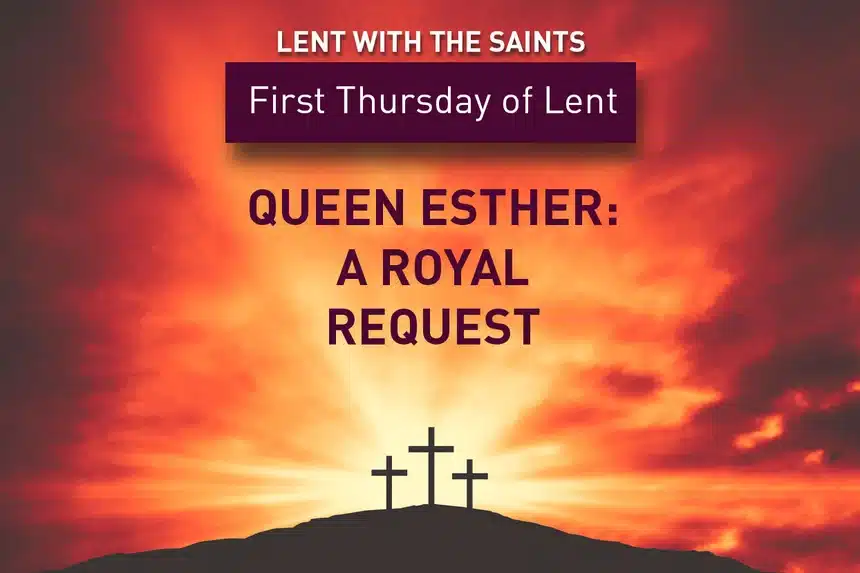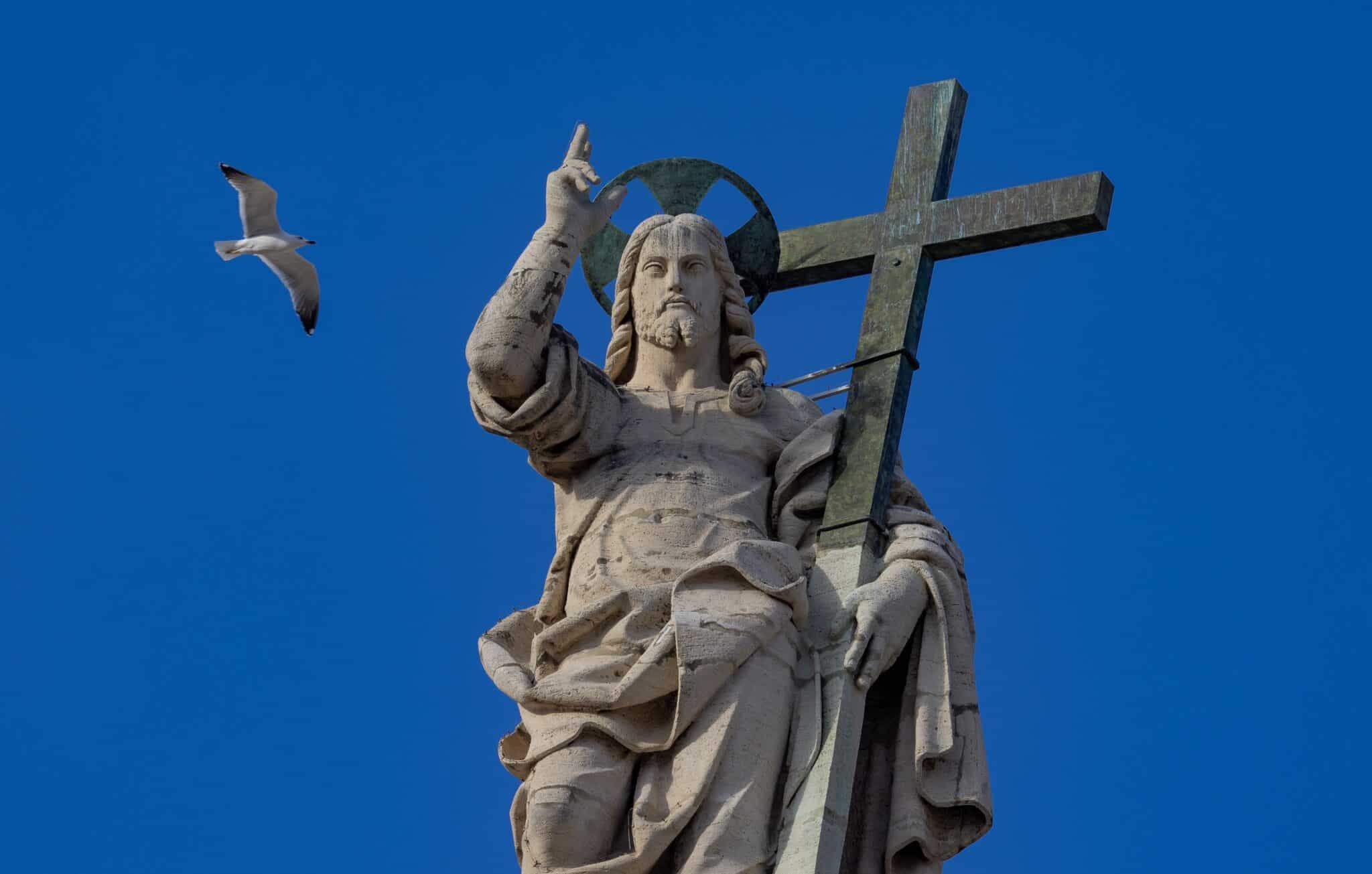Esther C:12, 14–16, 23–25; Psalm 138:1–2ab, 2cde–3, 7c–8; Matthew 7:7–12
The tale of Queen Esther has all the elements of a great story. We can imagine her, the beautiful bride of a pagan king, ruler of Persia, reigning in a lavish Middle Eastern court. Into this scene of elegance and splendor comes a threat to Esther’s kin—the Jewish people who are exiled in her land. The drama, essential to any good story, develops as the king’s advisor, Haman, is angered by the refusal of Esther’s uncle, Mordecai, to bow down to Haman in the court. In revenge, Haman plots to destroy all the Jews in the land.
When Esther learns of the plot, she risks her life to go to the king, her husband, and plead on behalf of her people, after praying the prayer found in our First Reading. Her prayers, and her pleas to the king, are answered positively, and the Jews in Persia are saved. The Gospel follows with the simple assurance given us by Jesus about our prayer. “Ask, and it will be given to you; search and the door will be opened for you” (Matthew 7:7).
It’s a promise based on a relationship, the relationship of Jesus to his Father, a relationship that we’re invited to share.
Today’s Action
Reflect on Jesus’ words about how God, our loving parent, treats us. Then write a prayer of petition for some special need.
Prayer
Generous Father, may we believe what Jesus has told us about your willingness to hear our prayer.
May we never fear to ask, seek, and knock, confident in your love.
Amen.








